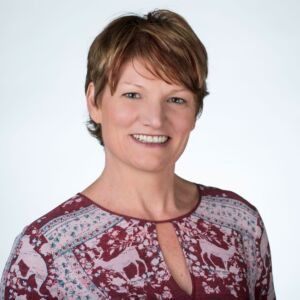Research Focus
Candice Odgers’s research focuses on how social inequalities and early adversity influence children’s future health and well-being. She uses new technologies, including mobile phone surveys and wearable devices, to identify daily triggers of adolescent risk-taking and mental health problems. She also uses online tools to create high-resolution maps of children’s local neighborhoods and create “gene-to-geography” data archives to better understand children’s development in context. Her most recent work focuses on the effects of neighborhood-level income inequality on children’s behavioral, emotional and educational outcomes.
What have I achieved during my fellowship?
During the fellowship period I have:
– Completed new data collection, including a study of over 2100 young adolescents in North Carolina (fielded with the direct support of funds from the Fellowship), 400 of whom have been followed daily via mobile and wearable devices, and published findings from this study (Nature, 2018; Developmental Psychology, 2019; Clinical Psych Science 2020; JCPP, 2020). I also collected new data on social media, wellbeing and social mobility among the Environmental Risk and Longitudinal Twin study, an ongoing genetically informative study of over 2200 twins born in 1994-95 in Britain and followed prospectively for the last two decades.
– Published, between the receipt of the award and present day, 40+ peer-reviewed publications in leading journals in my field (e.g., American Journal of Psychiatry, Child Development, Developmental Psychology, Nature, Proceedings of the National Academies of Sciences, Psychological Science, Social Science and Medicine) and secured extramural funding to support related research.
– Engaged in a number of knowledge translation activities, including writing posts for BOLD, op-eds in Fortune Magazine, the Greater Good, and with media coverage of the research described above in Scientific American, Time Magazine, NBC News and the New York Times. I have also worked with the Society for Research in Child Development and the Jacobs Foundation in building a community of scholars working on issues related to Child Development in the Digital Age (with JF Fellow Gillian Hayes).
My plans for the future
Over the next five years I will be assuming two main leadership roles in the field. First, I will be serving as the Co-Director of the Child and Brain Development Program, a network comprised of a group of internationally recognized scholars working issues related to developmental science, neuroscience and biology, as well as genetic and epigenetic correlates of child and brain development. Second, I will be working with colleagues at the University of California, Irvine to launch a youth-cantered Digital Wellness Hub that supports the identification and development of youth-focused and evidence-based strategies for supporting young people in the digital age. In addition to these two leadership roles, I will continue my involvement on a number of longitudinal research studies, including the E-Risk Longitudinal Study, the RAISE Study, and the Great Smoky Mountains Study.


